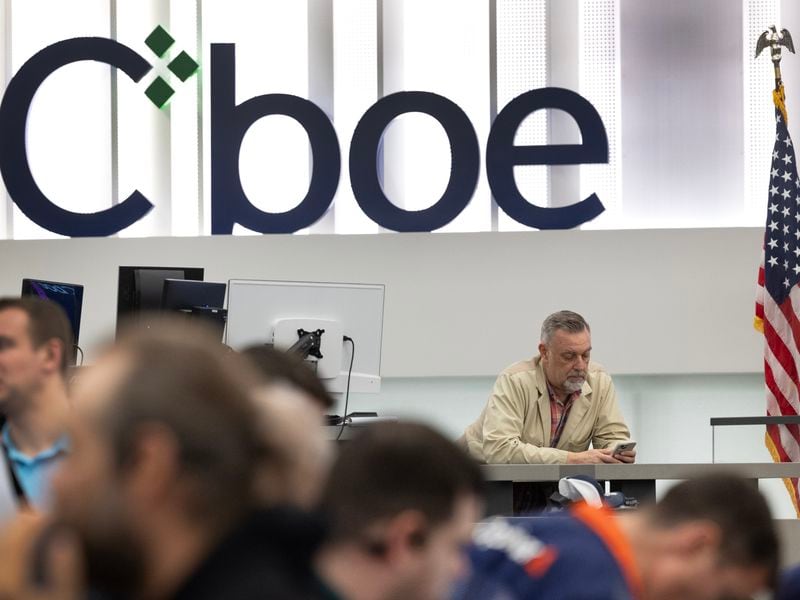July 8: Hinkal, describing itself as an “institutional-grade, self-custodial protocol designed to empower users with full control over their on-chain assets, mirroring the secure standards of traditional finance,” announced the upcoming launch of the “Shared Privacy Protocol, dubbed the ‘EigenLayer for Privacy,’ because it enables cross-chain privacy via anonymity staking.” According to the team: “Hinkal addresses liquidity fragmentation and incentivizes discreet DeFi trading by creating a unified pool of shielded liquidity to properly mask transactions on over 200 layer 1s and layer 2s. The Shared Privacy Protocol allows traders and dApps to leverage shielded TVL across any chain, rewarding stakers with assets and yield.” According to the project’s white paper: “Hinkal is a middleware and set of smart contracts on EVM chains that uses ZK-proofs and stealth addresses to enable compliant and discreet transactions on major dApps.”
July 8: Particle Network has led the industry efforts in forming the Chain Abstraction Coalition, an alliance of 50+ chains in Web3, according to the team: “The alliance aims to unify the ecosystem and improve user experience by eliminating manual processes to interact with multiple chains. Web3 growth has led to impressive scalability and cost-effectiveness but also resulted in significant fragmentation. As such, the Chain Abstraction Coalition, which include notable networks like Arbitrum, Berachain, Avalanche, BNB Chain, Linea and Botanix, will work together to offer superior interoperability to both developers and users.”
July 8: Celo, the layer-1 chain migrating to become a layer-2 chain atop Ethereum, said its layer-2 testnet, “Dango,” is now live, forking the Alfajores testnet with all historical data (smart contracts, accounts, and balances) carried over. According to the team: “Dango enables bridging of WETH and ERC-20 tokens between Ethereum and Celo, CELO token duality (the ability to interact with CELO natively or via the ERC20 interface) and maintains key L1 features like Fee Abstraction and SocialConnect. Once infrastructure providers have updated for the L2, Alfajores will be directly migrated for dApp developers to test (with no expected impact on most user-facing dApps).”
July 8: Halliday, a commerce automation network, has launched with backing from Hashed and Andreessen Horowitz. According to the team: “Aimed at improving blockchain-based payments, Halliday addresses user experience and integration issues between Web2 and Web3 environments. Featuring a PoS protocol automating tasks across blockchain networks, the platform offers a unified interface for transactions and managing digital assets. Developers participate in a permissionless network to build/earn rewards, promoting adoption of blockchain in commerce.”
July 8: Nuklai, a collaborative infrastructure provider for data ecosystems, has collaborated with Filecoin Foundation to “archive the world’s data, empowering AI with contextualized data ontology,” according to the team: “The first step of this strategic collaboration is to integrate with Filecoin’s decentralized network using Lighthouse Storage’s solution for efficient data storage. Nuklai enhances data reliability by providing additional context enabling improved interoperability. Everyone can contribute by sharing and contextualizing datasets, accessible via app.nukl.ai.”
July 8: Bagel Network, an AI and cryptography research lab, announced a partnership with the Filecoin Foundation to unlock the computational capacity of decentralized AI. According to the team: “This collaboration will enable AI developers to train and store their models using Filecoin’s compute and storage capabilities, offering unprecedented efficiency and flexibility for decentralized AI development.” (FIL)
July 8: Crypto trading firm and market maker Auros said in an exclusive interview with CoinDesk that its newly established venture capital arm plans to invest more than $50 million of its own capital in early-stage digital asset ventures in the next two years. To lead the investment efforts, the company appointed Julien Auchecorne as head of Auros Ventures. Auchecorne previously held roles at hedge fund Brevan Howard and digital asset services platform XBTO International, among other crypto and traditional investment firms.
July 8: Decentralized education protocol Open Campus has announced a $1 million hackathon to promote decentralized app development on the EDU Chain. According to the team: “Open campus’s Codex Hackathon series seeks to bolster dapp development in this sector via EDU Chain. The mainnet is expected to go live later this year. EDU Chain is the first decentralized blockchain for education built by Open Campus and is designed to drive the democratization of education and to empower all participants to contribute to and benefit from the decentralized future of education.”
Protocol Village is a regular feature of The Protocol, our weekly newsletter exploring the tech behind crypto, one block at a time. Sign up here to get it in your inbox every Wednesday. Project teams can submit updates here. For previous versions of Protocol Village, please go here. Also please check out our weekly The Protocol podcast.
July 5: Valora, a P2P payments app, introduced Mobile Stack, described as “an open protocol that simplifies the creation of Web3-native mobile apps on iOS and Android.” According to the team, “it unlocks a critical pathway for bringing the next billion users on-chain by providing Web3 brands and startups with the tools they need to bring their apps to consumers’ fingertips. Troopo (from Stake Capital/Curve) and The ChatGPT DataDAO (from Vana) will be the first of Mobile Stack’s ecosystem partners to bring their Web3 dApps to mobile, showcasing how web3 products can be reimagined as consumer-friendly, mobile-first experiences.”

![[Action required] Your RSS.app Trial has Expired.](https://8v.com/info/wp-content/uploads/2026/01/rss-app-cfAqZL-75x75.png)




![[Action required] Your RSS.app Trial has Expired.](https://8v.com/info/wp-content/uploads/2026/01/rss-app-cfAqZL-350x250.png)










